46 pages • 1 hour read
Cormac McCarthyThe Passenger
Fiction | Novel | Adult | Published in 2022A modern alternative to SparkNotes and CliffsNotes, SuperSummary offers high-quality Study Guides with detailed chapter summaries and analysis of major themes, characters, and more.
Summary and Study Guide
Overview
The Passenger is a 2022 novel by Cormac McCarthy. This is part of a pair of novels, the other entitled Stella Maris, that are McCarthy’s last publications before his death in 2023. The Passenger and Stella Maris are a departure in style and tone from McCarthy previous book, The Road (2006), though they retain his famous penchant for omitting punctuation such as quotation marks and relying on nonstandard syntax and sentence structure.
The novel is highly philosophical and probes at life’s biggest questions, such as the nature of reality, humanity’s conception of time, and the possible remedies that exist in life in the face of inevitable suffering. The novel also examines the consequences of genius, and portrays the hallucinations of Alicia Western, one of the two primary characters of the novel who possesses an exceptionally gifted mind, but who also lives with schizophrenia. The narrative is framed and built around two plotlines. One follows Alicia and her conversations with The Kid, a character that Alicia imagines; the other follows Bobby Western, Alicia’s brother who attempts to make sense of his life both in the present and the past.
The edition used for this guide is the Kindle edition published in 2022.
Content Warning: Depictions of death by suicide, mental health disorders, and insensitive language toward transgender people are prominent in the novel. The novel also features hallucinatory characters that include a person with a congenital disorder and stereotypically racist versions of blackface minstrels. There are blunt and coded references to possible incest.
Plot Summary
The novel begins with a prologue: A hunter is out in the woods and comes across a woman hanging from a tree. He notices some of her belongings, specifically a key and a chain. The woman has tied a red sash on her white dress so that it is ensured that someone will find her.
Each chapter following the Prologue follows the same structure: They begin in the past with an italicized section that details Alicia Western’s time in a locked ward as she undergoes a mental health crisis that readers later learn is schizophrenia, then move into the novel’s present (1980) as her 37-year-old brother Bobby Western copes with grief and works as a professional salvage diver.
Alicia’s storyline introduces a character named the Thalidomide Kid, who has a penchant for arguing and antagonizing Alicia. At the beginning, The Kid seems to be trying to talk Alicia out of something that is only implied, presumably her plans to die by suicide.
As the novel progresses, Alicia’s story unfolds disjointedly, with frequent flashbacks to other time periods in her life. Readers see her as a pre-adolescent when the hallucinations that she experiences first happen. Readers also get a sense of her inner thoughts because The Kid likes to quote from Alicia’s journals. The Kid often brings along a gang of strange and absurd performers. He positions himself as a director of sorts, and often, when these secondary hallucinations appear, it is as though an audition is taking place.
Gradually, readers learn that Alicia is a gifted mathematical mind. She takes courses at the university while still a high school student. Much of her writing contains flashes of her genius. Readers also learn from others in the novel, including her brother, Bobby, that Alicia was a one-of-a-kind mathematical mind. Her genius is also often indirectly revealed through The Kid, whose musings on the nature of objective reality are actually Alicia’s own thoughts on the matter, since he is a product of her imagination.
Alicia is in and out of psychiatric hospitals, including a final stay at Stella Maris in Wisconsin, where she ultimately dies by suicide. Frank discussions are had between her and The Kid about various doctors, medications, and one particular episode in which she chose to undergo electric shock therapy.
Alicia’s feelings for her brother are revealed to be vaguely incestual. While other characters in the novel are much more explicit about the nature of Bobby and Alicia’s relationship, there is no explicit indication that any incestual act was committed. Often in the sections that cover Alicia’s circumstances, she wishes for Bobby to be present.
In Alicia’s final scene, she is visited by Miss Vivian, a hallucination that is more compassionate, kind, and poised than The Kid. They have a lengthy discussion on crying babies, and whether a person brings suffering into the world with them or whether the suffering begins immediately when they exit the womb. The discussion is highly philosophical and probes at the nature of suffering; it is also ironic that Alicia is considering the nature of birth when she is at the edge of considering her own death by suicide.
The novel’s other plotline follows Bobby Western. As the novel begins, Bobby is on a salvage dive in the Gulf of Mexico, investigating a plane wreck. He and his colleague and friend Oiler search through the plane’s wreckage and when they surface, they conclude that someone has already been in the plane. The plane’s black box is gone, and there are other tell-tale signs that they are not the first to have been in the wreck. This establishes a central mystery in the novel that is never resolved.
Instead, the mystery of the plane wreck introduces into the narrative other mysteries, specifically the appearance of two men who come to question Bobby. While the men are never explicitly identified, presumably they are federal agents. After initially questioning Bobby, they subsequently pursue him, forcing him to eventually go into hiding.
Bobby visits a cast of friends in his wandering in the novel. These include a transgender woman named Debussy and a man named John Sheddan, an intellectual in his own right. Much of the middle section of the novel are dialogues between Bobby and his friends, these discussions being vehicles for McCarthy to present various views on the novel’s themes. Bobby is often the less talkative during these conversations. For example, he has a long discussion with his friend and coworker Oiler on the latter’s experience while serving in the Vietnam War. Oiler carries most of the discussion, with Bobby only prompting his friend with clarifying questions. Bobby also visits his maternal grandmother, a woman named Granellen. Granellen represents the antithesis worldview to that of Bobby and Alicia. She implicitly recognizes that the ultimate questions in life cannot be answered, but unlike her grandchildren, she accepts this fact. She also exhibits faith as an imperative for making meaning out of life.
Bobby takes a job with a company working on an oil rig in the Gulf of Mexico. He is transported by helicopter to the rig, just in advance of a raging storm that takes place during his stay. He discovers that he is alone; however, the more time he spends on the rig, the more he comes to sense that someone else is there, perhaps watching him, or perhaps waiting to eliminate him. Finally, the crew returns to the rig. Eventually, Bobby returns to the mainland, but he is shaken by the prospect that he perhaps had been set up to take the job so that he would be killed.
There is also an important scene in which The Kid makes an appearance to Bobby. As was his wont with Alicia, The Kid is antagonistic toward Bobby, even derisive at times. Bobby asks pointed questions to The Kid, specifically about Alicia, and The Kid is generally evasive and crude to Bobby. They take a walk on a Louisiana beach at night, during a storm, and finally Bobby becomes angry. The anger and pain that he hurls at The Kid ultimately send The Kid away.
Significantly, Bobby’s and Alicia’s father was a renowned physicist who was friends with Albert Einstein and who worked on the Manhattan Project, where the first atomic bomb was developed. Bobby and Alicia wrestle with their father’s legacy, one that shows how too much knowledge has opened a Pandora's box. The work of 20th-century physicists changed how humans conceptualize time, space, and reality; it also introduced humanity to the means by which it could enact its own extermination. The Legacy of Nuclear Warfare is a significant theme in the novel.
The novel’s final chapter is structured differently than the previous nine. Alicia’s section is omitted, and Bobby is living in Ibiza, an island off the coast of Spain. He has moved there and taken up residence in an old millhouse, as he attempts to live his new life on the run from the US government. Bobby recalls a final dialogue that he had with his friend John Sheddan before the latter’s death, and spends his time writing letters to his deceased sister. The novel’s closing tone is one of melancholy as Bobby considers the burdens of his past while he tries to chart a new course forward.
Related Titles
By Cormac McCarthy

All The Pretty Horses
Cormac McCarthy

Blood Meridian
Cormac McCarthy

Child of God
Cormac McCarthy

Cities of the Plain
Cormac McCarthy
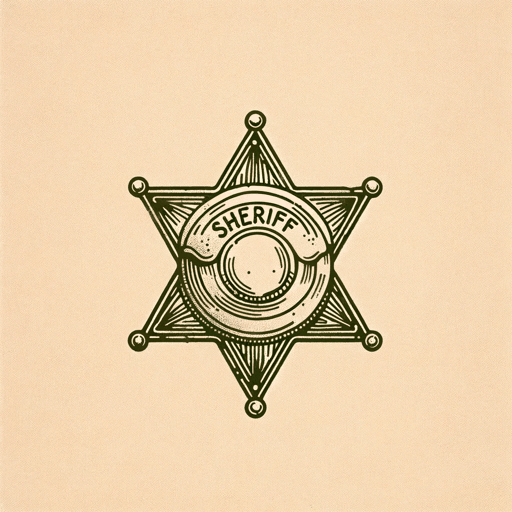
No Country for Old Men
Cormac McCarthy
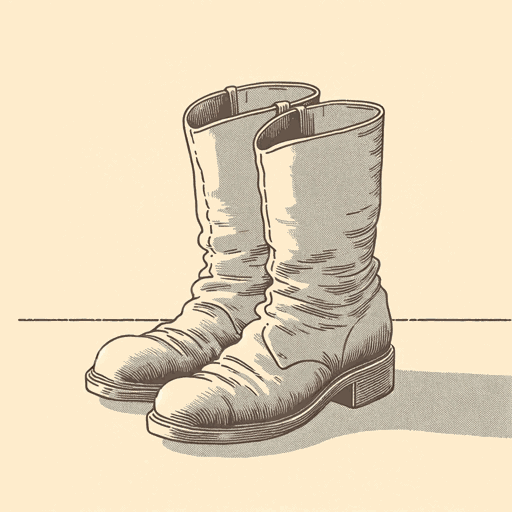
Outer Dark
Cormac McCarthy

Stella Maris
Cormac McCarthy

Suttree
Cormac McCarthy
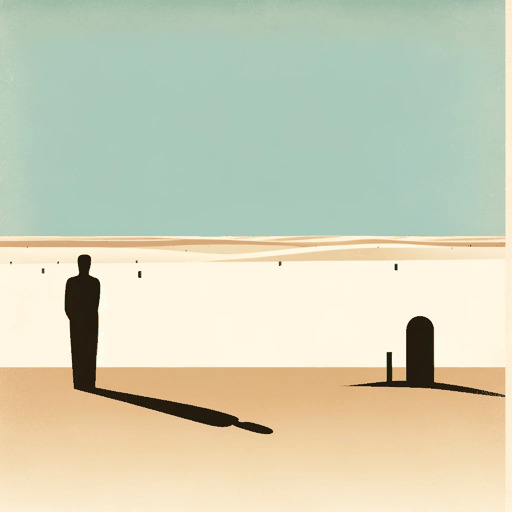
The Crossing
Cormac McCarthy
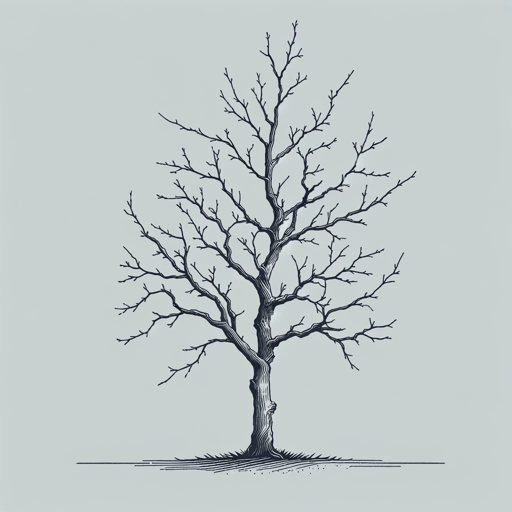
The Orchard Keeper
Cormac McCarthy
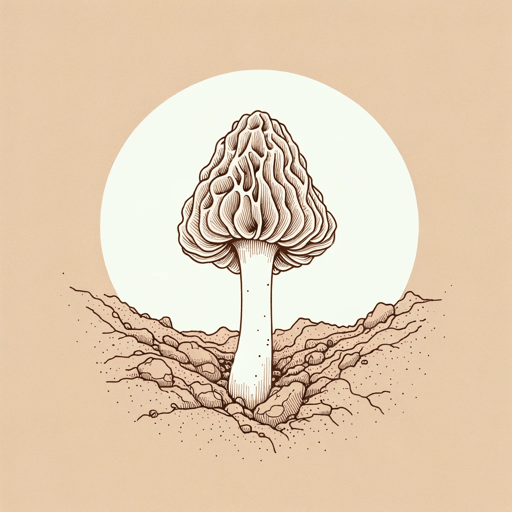
The Road
Cormac McCarthy

